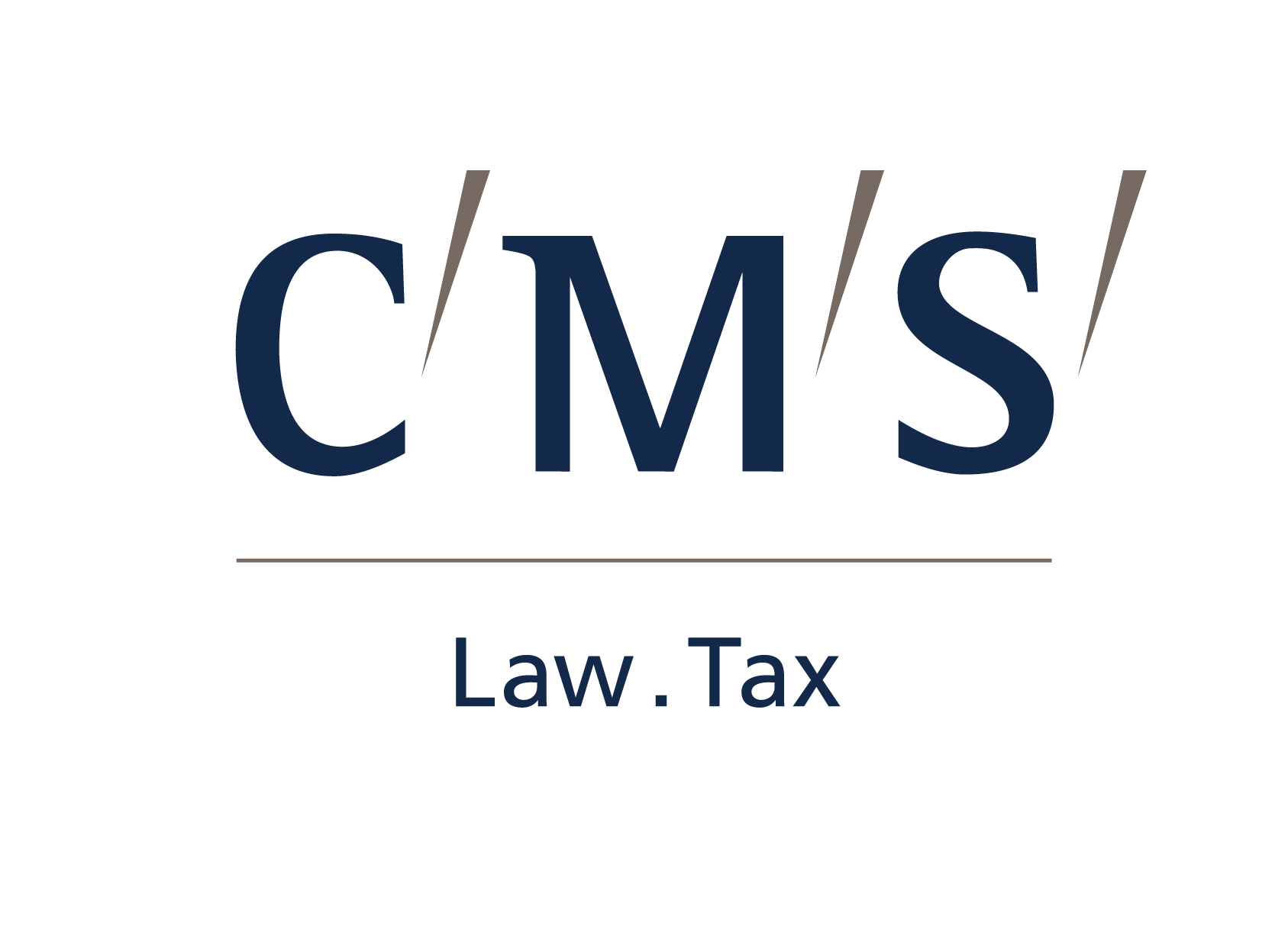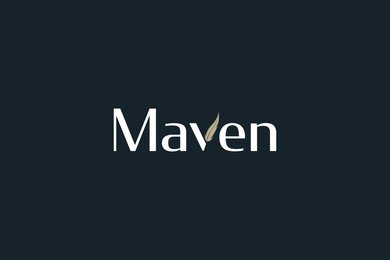Author: Helen Cooke, CEO, MyPlus
Whilst I understand, on one level, the attractiveness of working with a 3rd party to attract, recruit and support disabled graduates into your workplace, on another level it just doesn’t make sense.
Charities, not-for-profits, government schemes - all designed to help you recruit graduates who have a disability or long-term health condition, have been around for 30 years or more. Employers love them as someone else does all the (seemingly) hard work of finding the students, interviewing them, organising any adjustments or support required during the recruitment process and will be on hand to advise and guide when the person joins the organisation as well. The fact that cost per hire is through the roof seems of little consequence when the firm can be seen to be ticking the disability box.
However, with 14% of students in UK Universities having a disability or long-term health condition, I would argue that this approach is not cost effective, is not sustainable and doesn’t actually make much of a difference. Not to mention the fact that it is also not the approach that the majority of disabled students want.
What they want is to be able to apply to employers, in the same way as their non-disabled counterparts do, and go through the standard / normal recruitment process secure in the knowledge that they can be open about their disability, without fear of discrimination, and gain the support and adjustments they need to demonstrate their potential.
And this isn’t hard to achieve. It isn’t difficult to engage with disabled students, to implement adjustments and ensure that those involved in recruitment, from administrators through to hiring managers, are confident to engage, know what they can and can’t ask and don’t feel phased by ‘difference’.
What it takes is recognising the talent pool that exists and allocating the resources needed to make a step change in what you do. It will take time; it will take effort; however the results will be sustainable, affordable and will ensure that recruiting those with a disability becomes the norm as opposed to a short-lived initiative.




































